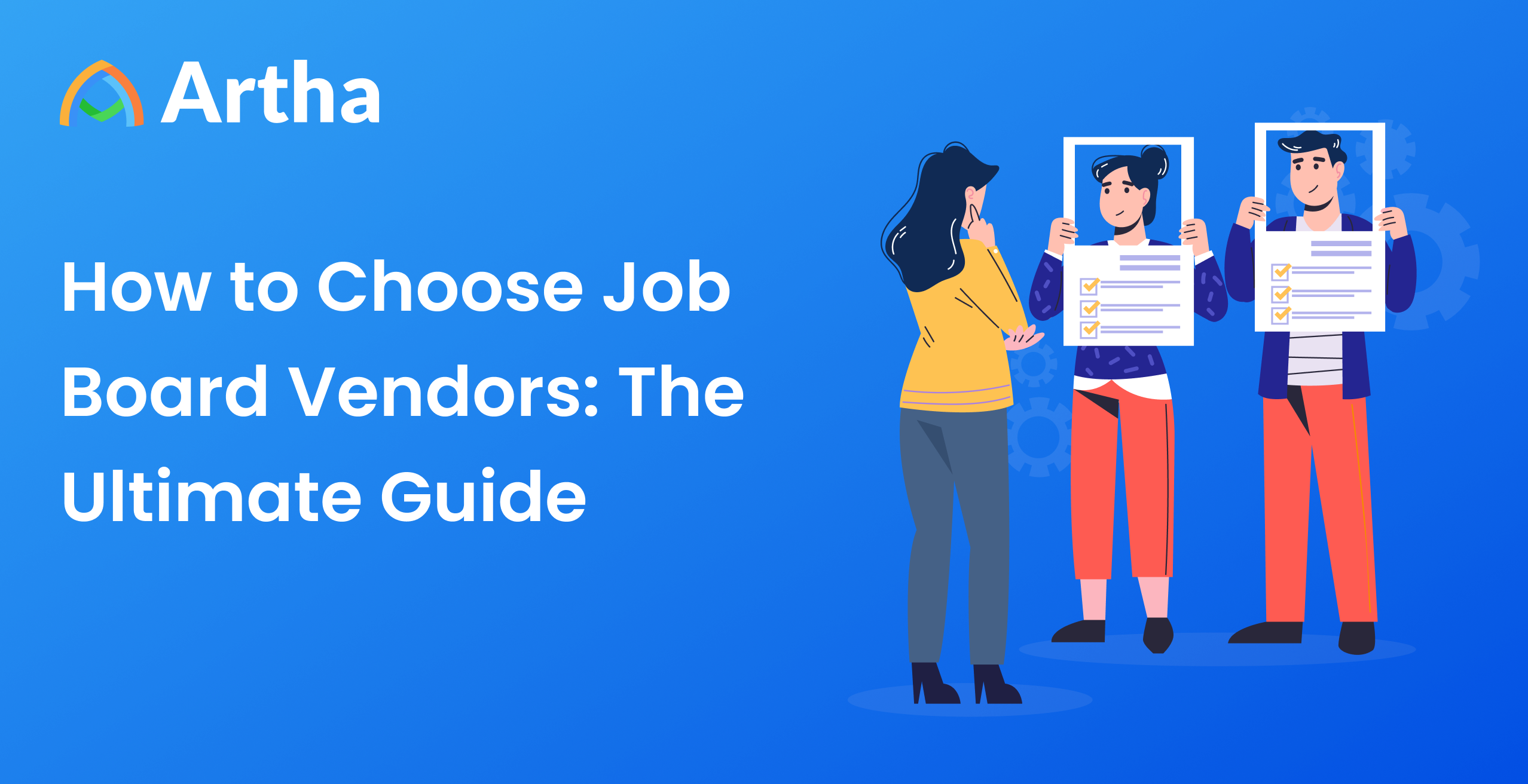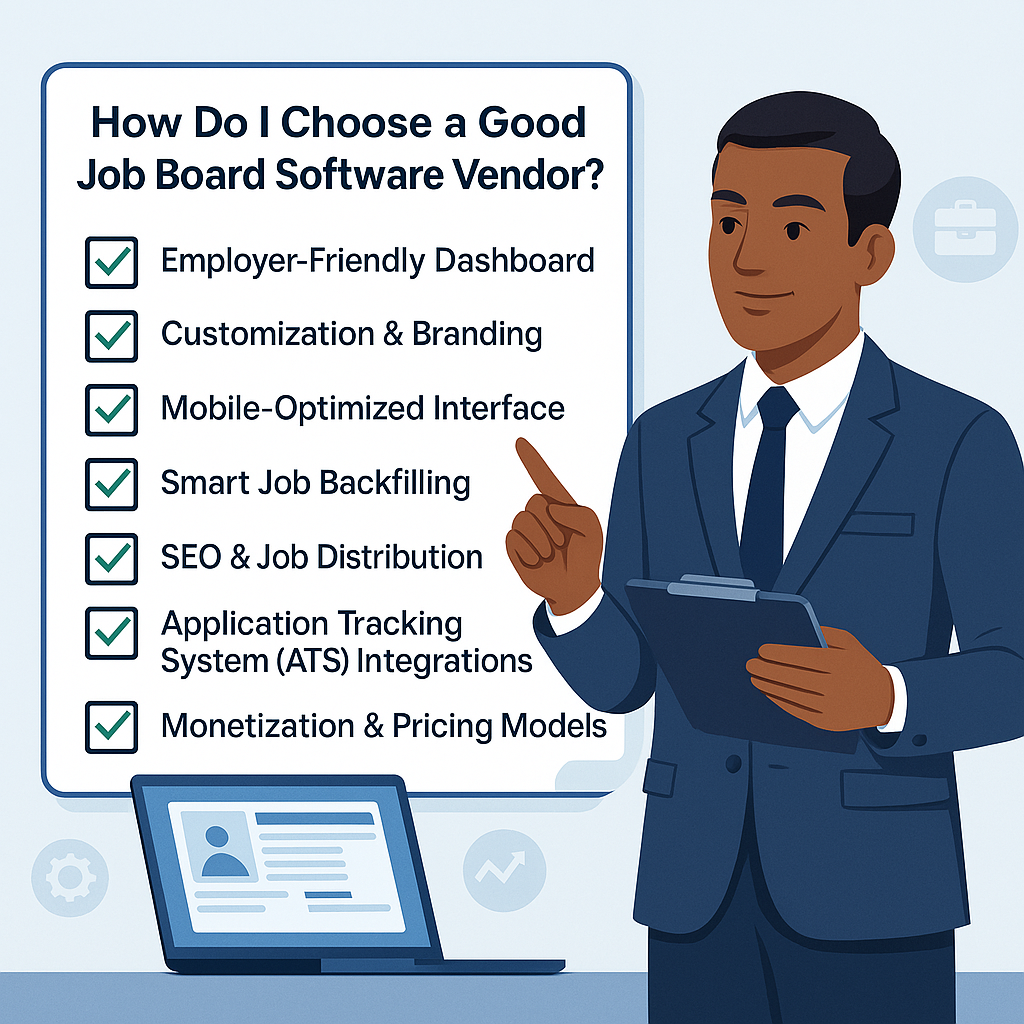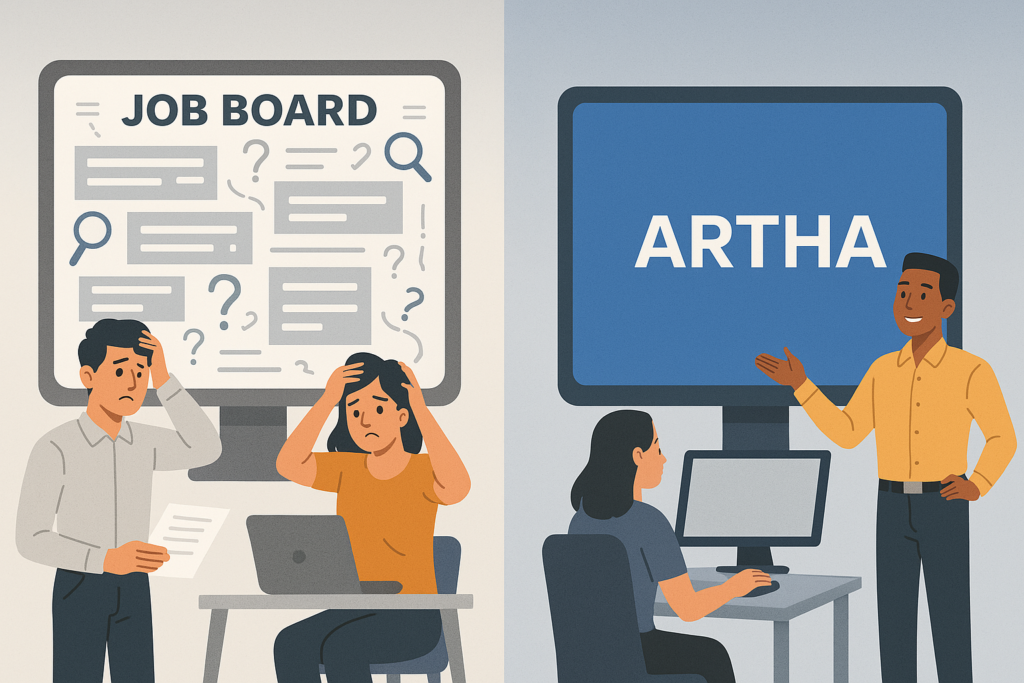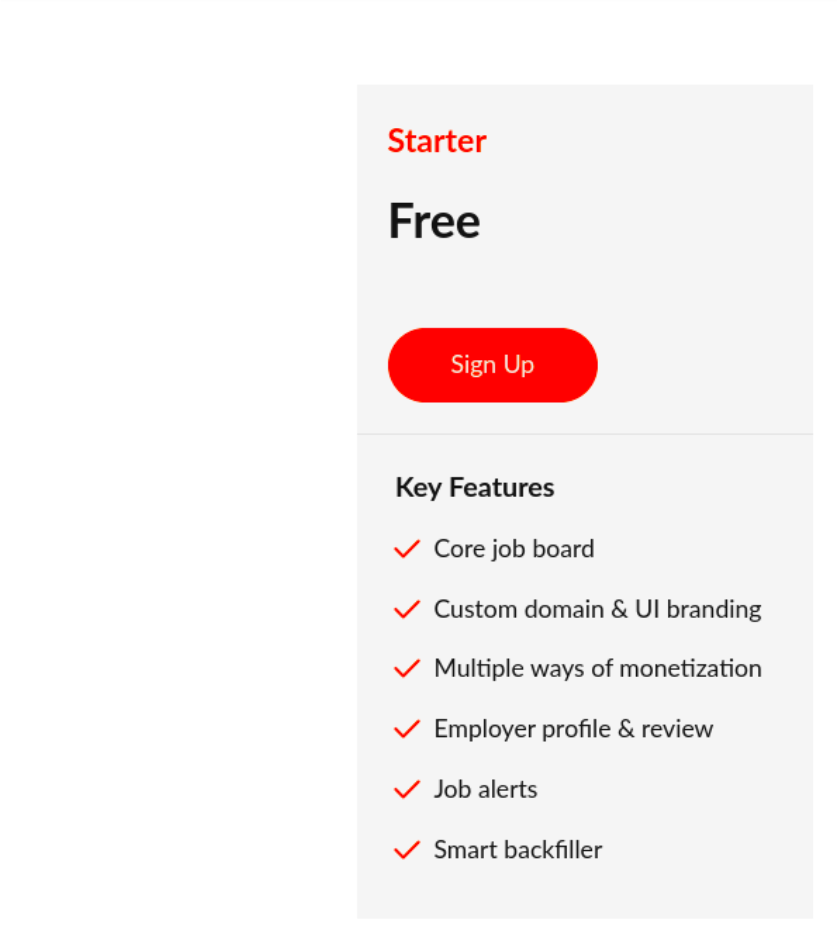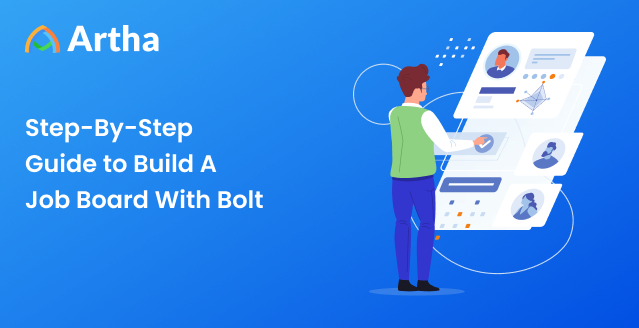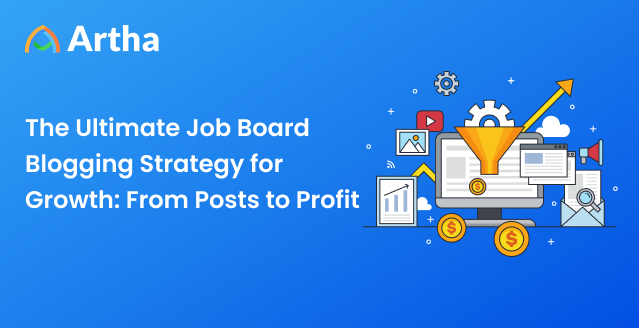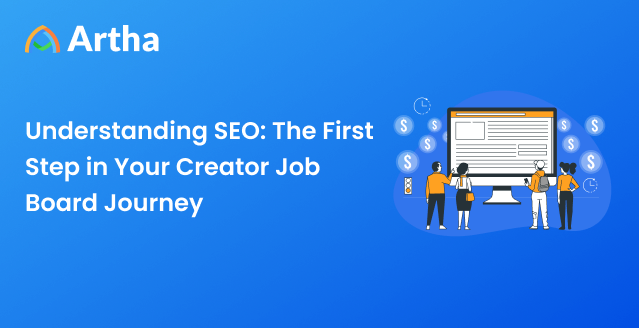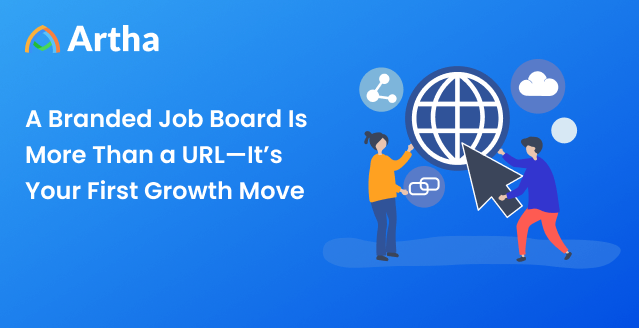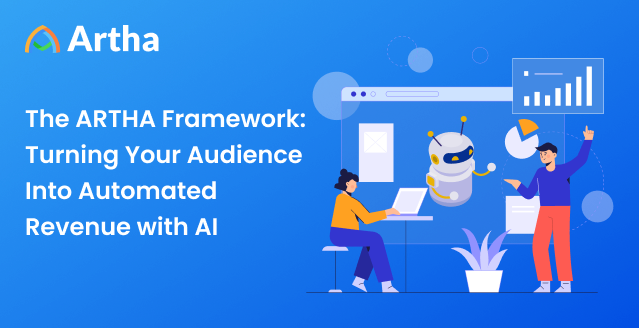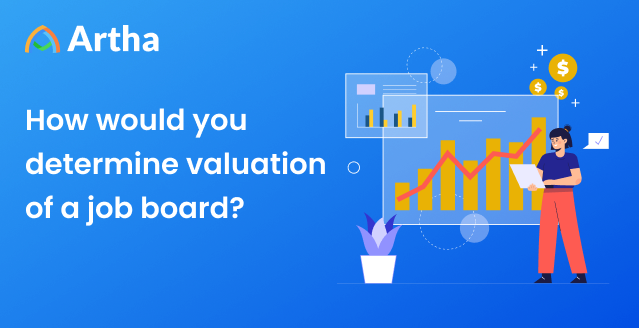Introduction
Think of choosing a job board vendor like Ross’s multiple marriages. You go in with high hopes, thinking, “This is it! The perfect one!” But then, things start to go wrong—hidden fees, clunky interfaces, customer support that’s as extinct as Ross’s dinosaurs… Before you know it, you’re looking for a software divorce. Let’s avoid the ‘We were on a break!’ level of drama and find a vendor that’s in it for the long haul.
Choosing a job board vendor isn’t about picking the first shiny thing you see—it’s about digging deep, analyzing features, and making sure everything aligns perfectly with your needs. Because let’s be honest, a job board that doesn’t drive revenue or exceed expectations is your worst nightmare.
Speaking of finding the right job board software, if you’re comparing options, check out our Best Job Board Software & Platforms for 2025 to get a head start on making the best choice.
You know how Joey doesn’t share food? Well, job board vendors don’t share a “one-size-fits-all” solution either. Some offer limited features, while others overwhelm you with unnecessary add-ons. The key is finding a platform that adapts to your needs—whether you’re starting small or scaling big.
The best job board isn’t about what’s trending or what everyone else is using—it’s about what works for you. Before jumping into flashy demos and sales pitches, you need to step back and ask: What do I actually need from a job board provider?
Forget the Hype: Not Every Vendor Is Right for You
Let’s be honest—just because a job board software vendor has great reviews doesn’t mean it’s right for your business. A platform built for enterprise-scale recruitment might be completely unnecessary (and expensive!) for a local job board focused on freelancers. Job board software comparison is key before making any decisions. Instead of getting distracted by big promises, dig into the details:
- Does it offer affordable job board solutions that fit your budget?
- Can it handle the customization you need?
- Will it support the monetization strategy you want—job postings, subscriptions, or ads?
Dream Big, Start Small: Define Your Goals
You wouldn’t buy an apartment without knowing how much space you need, right? The same applies to job board provider selection. You need to be clear about your end goal before signing up with a vendor.
- Are you launching a niche job board focused on a specific industry like healthcare or tech?
- Do you want a local job board catering to a specific city or region?
- Are you planning to scale into a larger platform later?
By defining your vision early, you avoid paying for bloated features you don’t need. Instead, you can choose a job board vendor that meets your needs now but can scale as your business grows.
Digital products require no inventory, no shipping, and minimal maintenance—once created, they can sell forever!
Niche It Up: The Right Vendor for the Right Audience
Some job board software vendors are generalists, meaning they work for various industries but may lack specialized tools. Others are designed specifically for certain markets, offering tailored features that could give your platform an edge. you need to identify the essential features an advanced job board software should offer.
- Industry-Specific Job Boards: Some platforms are built for niche job markets like healthcare, IT, or construction. If your audience falls into a specific industry, a vendor with built-in custom workflows and integrations might be a better fit.
- Location-Based Job Boards: If you’re launching a regional platform, ensure the software supports local SEO tools, geo-targeting, and multi-language options.
How Do I Choose a Good Job Board Software Vendor?
Picking the right job board software vendor isn’t just about ticking boxes—it’s about ensuring your platform runs smoothly, scales effortlessly, and doesn’t drain your budget. A bad choice could mean hidden costs, clunky UX, and poor support, while the right vendor sets you up for long-term success. So, how do you find the one? Let’s break it down.
Features
Launching a job board platform isn’t just about setting up a website and waiting for employers to post jobs. Your job board software vendor should provide the right tools to attract employers, streamline job posting, and enhance the user experience—all while ensuring your platform runs smoothly.
Here’s a breakdown of key features you should look for:
| Feature | Why It Matters | What to Check |
| Employer-Friendly Dashboard | Employers should find it easy to post and manage jobs. | Is the job posting process simple, intuitive, and quick? Can employers edit, repost, and manage applications easily? |
| Customization & Branding | Your job board should reflect your brand and niche. | Can you customize the layout, job categories, pricing plans, and branding to fit your audience? |
| Mobile-Optimized Interface | Employers and job seekers expect a seamless mobile experience. | Is the platform responsive? Can employers post and track listings from any device? |
| Smart Job Backfilling | Ensures your job board stays active, even when employers are just starting to post. | Does the platform allow automatic job imports from trusted sources to keep your board filled with quality listings? (Hint: Artha does.) |
| SEO & Job Distribution | Helps your job board to get more visibility. | Does the software support SEO-friendly job postings, social sharing, and integration with job aggregators? |
| Application Tracking System (ATS) Integrations | Many employers use ATS to manage applicants. | Can employers connect their ATS or track applications within your platform? |
| Monetization & Pricing Models | Helps you generate revenue from your job board. | Does it support paid job postings, subscription plans, featured listings, or commission-based models? |
Need inspiration for job board business models? Check out Top Strategies to Monetize Your Job Board Website.
How to Evaluate a Job Board Vendor’s Support & Reliability
Even the most feature-packed job board software isn’t worth much if it leaves you stranded when issues arise. Whether it’s technical glitches, payment processing errors, or a sudden traffic spike, strong customer support ensures that your job board stays operational and profitable. Here’s what to check:
Live Chat & Email Support
When you run a job board, employers and job seekers expect seamless functionality. If something breaks, you need quick and effective support—not just an outdated FAQ page. Look for vendors offering:
- Live chat for real-time assistance.
- Email & ticket support with fast response times.
- Dedicated account managers for premium plans.
Speed of Response: A Slow Support Team = Lost Revenue
Your job board is a business, and downtime or technical issues mean lost employer trust and revenue. Ask these questions:
- How long does it take to get a response? (Minutes, hours, or days?)
- Is there an emergency support option for critical issues?
- Do they offer community forums or knowledge bases for quick troubleshooting?
If you have paying customers on your platform, slow response times could lead to refund requests, employer churn, and a damaged reputation.
Ongoing Updates & Improvements: Staying Competitive
The job board industry evolves fast—if your software vendor isn’t keeping up, your platform will become outdated. Look for vendors who:
- Regularly release updates to improve performance and security.
- Adapt to industry trends, such as AI-driven job matching or automated job backfilling.
- Integrate with new tools like CRMs, ATS, and social media job distribution.
A reliable job board provider will not only fix bugs but also continually enhance features to keep your platform competitive.
System Status & Real-Time Transparency
Even with great support, system reliability matters. When a technical issue happens, you shouldn’t have to guess whether it’s on your end or the platform’s.
That’s where real-time status updates come in. Just like Artha’s Status Page, you can track system performance, uptime, and maintenance updates in real-time—because clarity beats confusion any day.
Scalability: Will Your Job Board Software Grow With You?
Launching a job board is just the beginning—you need a platform that grows with your business. While starting small is fine, your software should be able to scale without performance issues, hidden fees, or major migrations. A job board that crashes under high traffic or forces expensive upgrades can hold you back. Here’s what to look for:
Performance Under High Traffic: Can It Handle the Load?
Imagine this: Your job board gains traction, employers start posting regularly, and traffic surges. But suddenly, there are slow load times, job postings not appearing, and frustrated users leaving the platform.
A scalable job board software should:
-
- Handle thousands of job listings without lag.
- Support high user traffic without crashes.
- Offer cloud-based hosting for better uptime and reliability.
Job Board Provider Selection: How to Compare Vendors Effectively
With so many job board vendors out there, choosing the right one isn’t just about the flashy features on their website. You need to dig deeper—because a platform that looks perfect at first glance could come with hidden fees, limited scalability, or poor support. Here’s how to evaluate vendors beyond the sales pitch and make an informed choice.
Request a Demo on Discovery Calls: Test Before You Commit
Never choose a job board provider without experiencing the platform firsthand. A demo allows you to:
- Explore the admin panel—is it intuitive, or does it feel clunky?
- Test job posting workflows—will it be easy for employers to use?
- Check customization options—can you tailor branding, fields, and integrations?
- Ask tough questions—how does their support team respond?
Affordable Job Board Solutions: Finding the Right Balance
Cost is a huge factor when choosing a job board provider, but cheaper isn’t always better. A low-cost solution might seem attractive upfront, but if it lacks customization, support, or scalability, you could end up paying more in the long run. The key is to find a balanced solution—one that offers affordability without sacrificing quality.
Budget Smartly: Focus on Value, Not Just Pricing
A “cheap” job board software might save you money initially, but what happens when:
- You need to pay extra for integrations like ATS or payment gateways?
- You hit a listing cap and must upgrade to a pricier plan?
- The lack of essential features hurts user engagement and revenue?
Instead of choosing the lowest-priced option, consider the following:
- What features you actually need—don’t overpay for unnecessary add-ons.
- The vendor’s reputation—does their software perform well, or will it cost you in downtime and lost users?
- Support quality—free platforms with no customer support can become a nightmare when issues arise.
💡 A smart approach? Choose a job board provider that offers a free launch option, so you can test the platform risk-free!
Job Board Software Comparison: The Best Way to Choose
Choosing the right job board software isn’t about picking the most well-known name—it’s about finding a platform that fits your unique needs. With so many vendors offering different features, pricing models, and support levels, it’s easy to get overwhelmed. To make an informed decision, start by creating a comparison spreadsheet that tracks essential factors like features, pricing, scalability, and support. Look beyond flashy extras and focus on the essentials.
Why AI-Powered Job Boards Are the Future
The job board industry is evolving fast, and AI is no longer a luxury—it’s a necessity. Traditional job boards rely on manual posting and simple keyword searches, but AI-powered job boards take things to the next level with automation, personalization, and smart job matching. Here’s why an AI-driven platform is the future of job boards:
AI Job Boards vs. Traditional Job Boards: A Smarter Approach
| Aspect | Traditional Job Boards | AI-Powered Job Boards | What to Look for in a Vendor | Why Artha Stands Out |
|---|---|---|---|---|
| Job Matching | Simple keyword search, often irrelevant | AI analyzes resumes & job descriptions for relevance | Advanced, relevant job matching for both employers and job seekers | AI-powered job matching and smart backfilling included |
| User Experience | Manual browsing by employers & job seekers | Personalized AI recommendations, reduced search time | Intuitive, customizable dashboards and personalized experience | Seamless, brandable, intuitive UX for employers and seekers |
| Automation | Manual job posting & updating | Automated job backfilling, resume analysis, chatbots | Automated imports, alerts, and minimal admin overhead | Automated job alerts, smart job imports, AI assistance |
| Customization & Branding | Generic layouts, limited options | Highly customizable by AI or admin | Complete brand alignment and niche targeting | Full control: layouts, pricing, categories, branding |
| Mobile Optimization | Responsive optional or lacking | Designed for omni-device use | Responsive and native mobile options | Mobile-optimized web and native apps available |
| SEO & Distribution | Manual SEO, little aggregation | SEO automated, integrated sharing/aggregation | Visibility tools & job aggregator integration | SEO-optimized structure + job aggregator distribution |
| Integrations (ATS, CRM, etc) | Limited/extra-cost integrations | AI-assistance in integration and workflow automation | Seamless, no/low-code integrations for recruitment workflow | Wide range, ATS, CRM, global payments & more included |
| Monetization & Pricing | Static post fees, limited revenue streams | Dynamic AI-driven pricing, new monetization models | Flexible: paid posts, subscriptions, featured, ad revenue | Free to launch, scalable, supports all major models & ad network |
| Support & Reliability | Email/ticket only, slow updates | Live chat, updates, status monitoring typical | Fast multichannel support, real-time status page, active dev | Live support, status page, frequent updates |
| Scalability | Often struggles under growth/traffic | AI adapts, cloud hosting scales as usage grows | Handles high listings/traffic, no unexpected fees | Cloud-scale infrastructure, no forced upgrades or lock-in |
Why AI-Powered Job Boards Are the Future
Smarter Job Matching
- AI analyzes skills, experience, and preferences to recommend the most relevant jobs.
- Reduces irrelevant applications and improves employer satisfaction.
- Learns from user behavior to refine suggestions over time.
Automation = Less Admin Work
- AI auto-fills job listings using external sources, keeping content fresh.
- Smart chatbots handle inquiries, reducing support workload.
- Automated screening filters applicants, saving employers valuable time.
AI-Driven Monetization = Higher Profits
- Dynamic pricing adjusts job post fees based on real-time demand.
- AI-powered ad placements maximize employer visibility.
- Predictive analytics help job board owners optimize revenue strategies.
Scalability Without Growing Pains
- Handles high traffic & large job databases without slowing down.
- AI adapts to changing job market trends in real time.
- Ensures a future-proof platform that grows with demand.
The Artha Advantage: Built for Success, Designed for You
Let’s be real—you need a job board that’s powerful, flexible, and built for growth without drowning in upfront costs. That’s exactly why Artha exists.
- Free to Launch, Built to Scale: Get started without any initial investment. Focus on growing your platform, not draining your wallet.
- Smart Automation & AI: Say goodbye to manual job postings! AI-powered job matching & smart backfilling keep your board fresh and relevant.
- Customization Without Limits: Tailor your platform with niche-specific filters, to align better with your brand.
- Seamless User Experience: Employers love a smooth, intuitive dashboard, and job seekers get personalized recommendations that make job hunting effortless.
- Scalable & Future-Proof: Whether you’re just starting out or handling thousands of listings, Artha grows with you—without hidden fees or forced upgrades.
With Artha, you’re not just launching a job board—you’re launching a business.
Case Study: How Jobshala Scaled with Artha
Scaling a job board isn’t just about launching—it’s about having the right tools to grow. Jobshala started with social media but quickly hit limitations. With Artha’s free-to-launch model, monetization tools, and automated job alerts, they transformed a simple job-sharing channel into a thriving platform.
📊 3X faster job postings, thousands of engaged users, and a steady revenue stream.
See how Jobshala made it happen with Artha.
Conclusion
Choosing the wrong job board software is like committing to a relationship that’s doomed from the start—frustrating, costly, and filled with regret. But the right vendor? That’s a long-term partner in your success.
A great job board software doesn’t just launch your platform—it scales with you, adapts to your business model, and helps you monetize effortlessly. Whether you’re starting small or building a massive job marketplace, the right choice makes all the difference.
And if you’re looking for a free-to-launch, customizable, and revenue-friendly platform, Artha is the only name you need to remember.
